The thyroid, a small, ductless, butterfly shaped gland found in our throat, plays a HUGE role in normal and effective growth and development through hormone [thyroxine (T4) and tri-iodothyronine (T3)] production and the rate of metabolism.
Unfortunately, due to many factors, particularly excess stress, pregnancy and nutrient-deficient food choices, an excess (hyperthyroidism) or a deficiency (hypothyroidism) of these hormones is very prevalent in Australia with over 500,000 people suffering from thyroid disorders.
We all know someone on "thyroid tablets" but more often than not, we can often tick off many times of the symptoms (see below) associated with thyroid problems ourselves; while many cases can go undiagnosed.
HYPOTHYROIDISM:
- Goitre
- Fatigue
- Weight gain
- Constipation
- Heavy menstruation
- Poor cold tolerance
- Hair loss
- Increased risk of miscarriage
- Slow pulse
- Puffy face
- Depression
HYPERTHYROIDISM:
- Goitre
- Hypertension
- Tachycardia, arrhythmia and or palpitations
- Shakiness
- Sweating
- Bulging sensitive eyes with constant stare
- Confusion
- Nervousness
- Difficulty sleeping
Under the supervision of a health practitioner, many lifestyle and dietary guidelines can be adapted, and with the addition of specific nutrients, herbs and stress management - thyroid disorders can be managed successfully.
Iodine
Iodine is an essential nutrient required in the synthesis and regulation of thyroid hormones. Iodine deficiency is becoming a common cause of thyroid health problems in Australia. It may be becoming increasingly prevalent due to low levels in the soil and the move away from iodised table salt. Iodine deficiency can lead to hypothyroidism and goiter formation. Iodine doesn't just play a role in thyroid health, iodine deficiency is also a leading cause of preventable mental retardation.
Food sources of iodine include; sardines, oysters, seaweed, sea vegetables, sea salt, eggs and wild caught fish.
Selenium
Selenium is crucial in aiding the body to recycle iodine. If your level of selenium is low, your thyroid will have to work harder to make it’s hormones, and your body will also have a more difficult job changing those hormones into a form your cells can use. This happens because selenium is a chief component of the molecules which are necessary for your body to be able to create and use thyroid hormones.
A selenium deficiency coupled with an iodine deficiency is likely to lead to thyroid imbalance.
Food sources of selenium; brazil nuts, oysters, wild caught fish, sunflower seeds, mushrooms and whole-grains.

